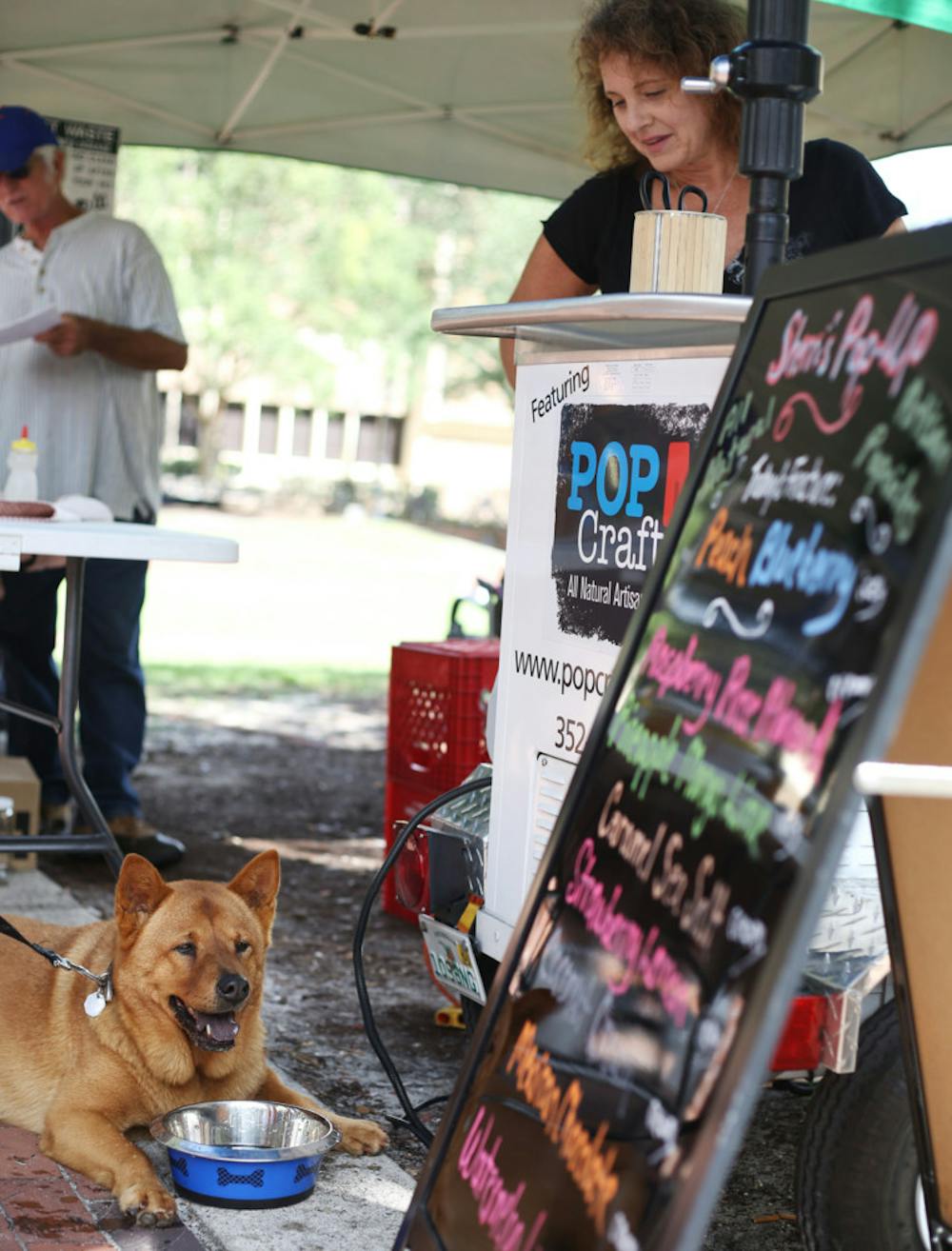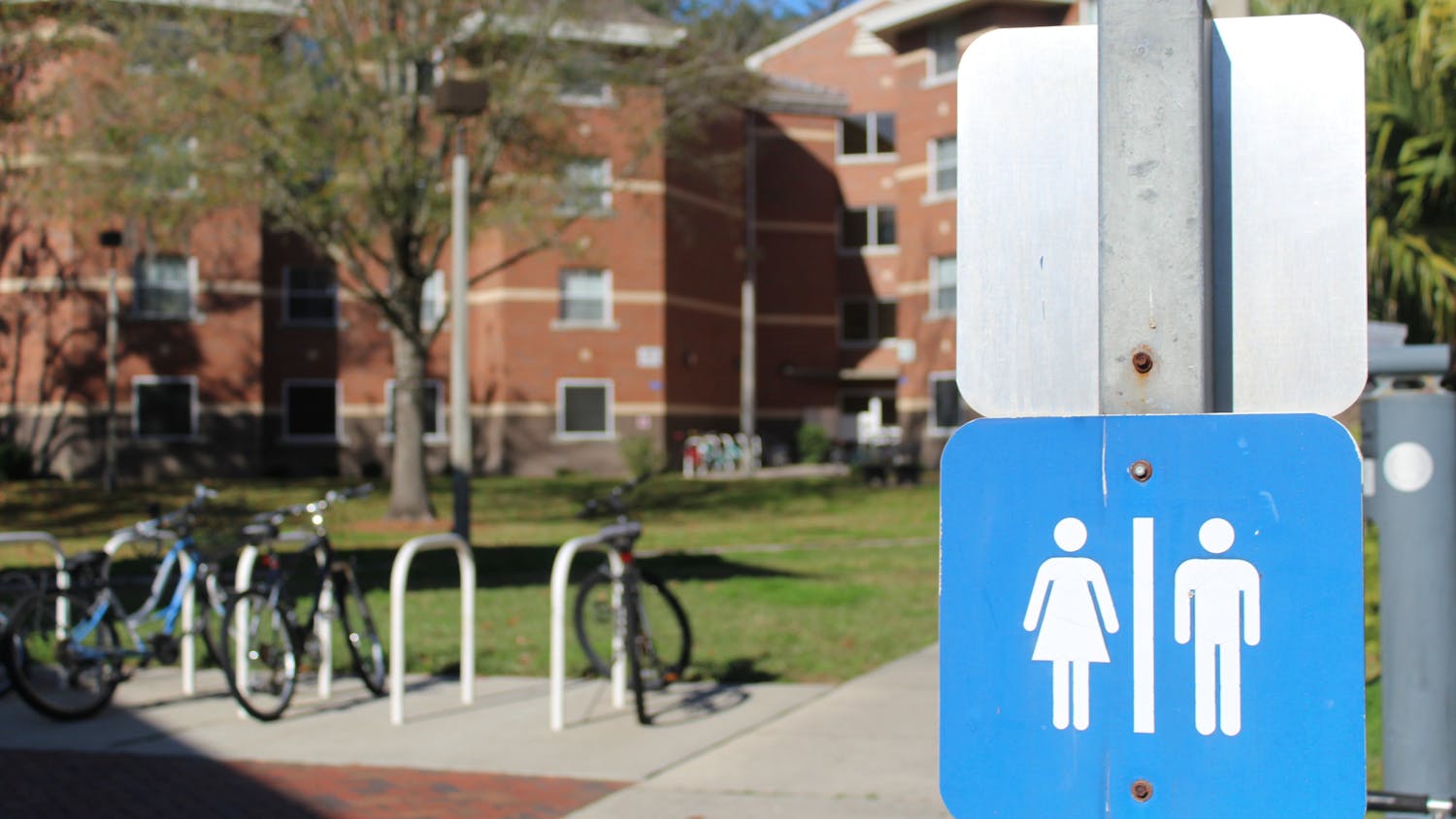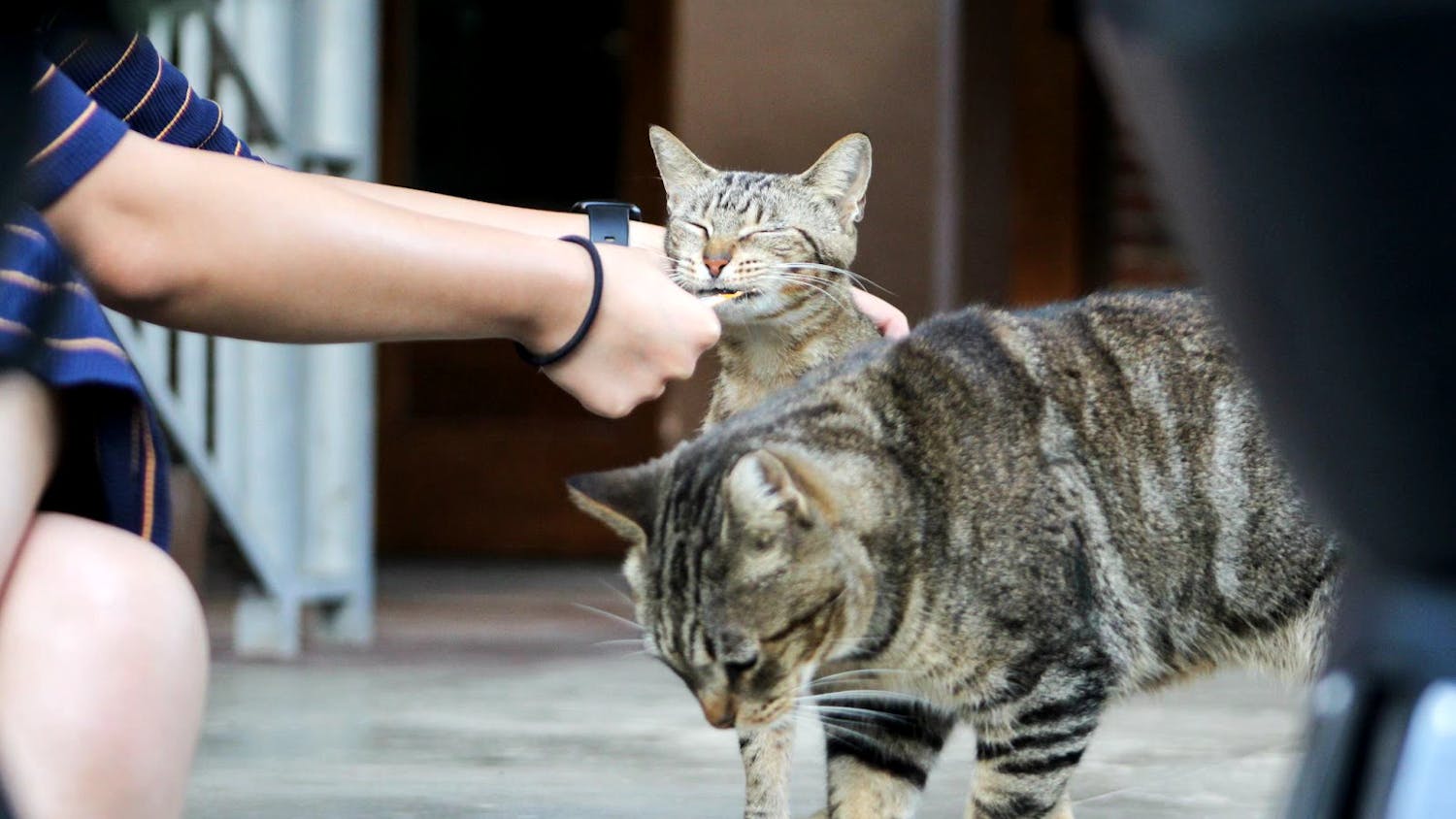Leave your furry and feathered pets at home, because the UF Department of Housing and Residence Education has removed dwarf rabbits and birds from the list of acceptable animals to house in residence halls.
The change, which was launched in July, has proven to be a problem for students in the graduate and family housing units on campus.
“I want this to be a home, not a dormitory,” said Suwan Shen, a Ph.D. candidate in Urban and Regional Planning. Shen, 27, lives in the Tanglewood community and was forced to find a new home for her dwarf rabbit, Baby. “On holiday, we have nowhere to go. They say you can have a turtle, frog, lizard or fish, but that’s quite different from a rabbit or a guinea pig.”
Rabbits and birds now join guinea pigs to the list of forbidden animals, which were omitted from the community standards last year.
The reasons behind the changes are influenced by multiple factors, according to JoCynda Hudson, assistant director of housing for conduct and community standards.
Hudson cited a lack of interest contributing to the removal of certain pets, such as birds and guinea pigs.
“We had less than 10 of each registered in housing over the past three years,” Hudson wrote in an email.
In addition, she wrote those three types of pets tended to pose a threat to cleanliness.
“With all three, we experienced a lack of keeping cages and habitats clean, smells, and improper disposal of waste materials,” she said.
Hudson said owners abandoning the pets at the beginning of semester breaks was another contributing factor.
While the issue of cleanliness is a major concern among undergraduates whose roommates might have dirty pet cages, some graduate students feel that they should be exempt, as they are older and often don’t have roommates.
“If they couldn’t take it case by case, they should at least consider grad students,” said Shen, whose roommate was very upset when Shen had to send Baby to a volunteer who was willing to keep the rabbit for her. “No one has asked the graduate students’ opinions,” she added.
However, Hudson said the changes in community standards must apply to all students in all communities, and that problems with birds and rabbits were seen in graduate and family housing as well.
The housing department sent out information about relocation resources for students who must find new homes for their pets, and can be contacted if students need help finding volunteers to take their animals or are having challenges.
Sherri McCormick, owner of Sherri’s Pop-Up Artisan Pops, serves a bowl of water to a dog during the Union Street Farmers Market Wednesday.






